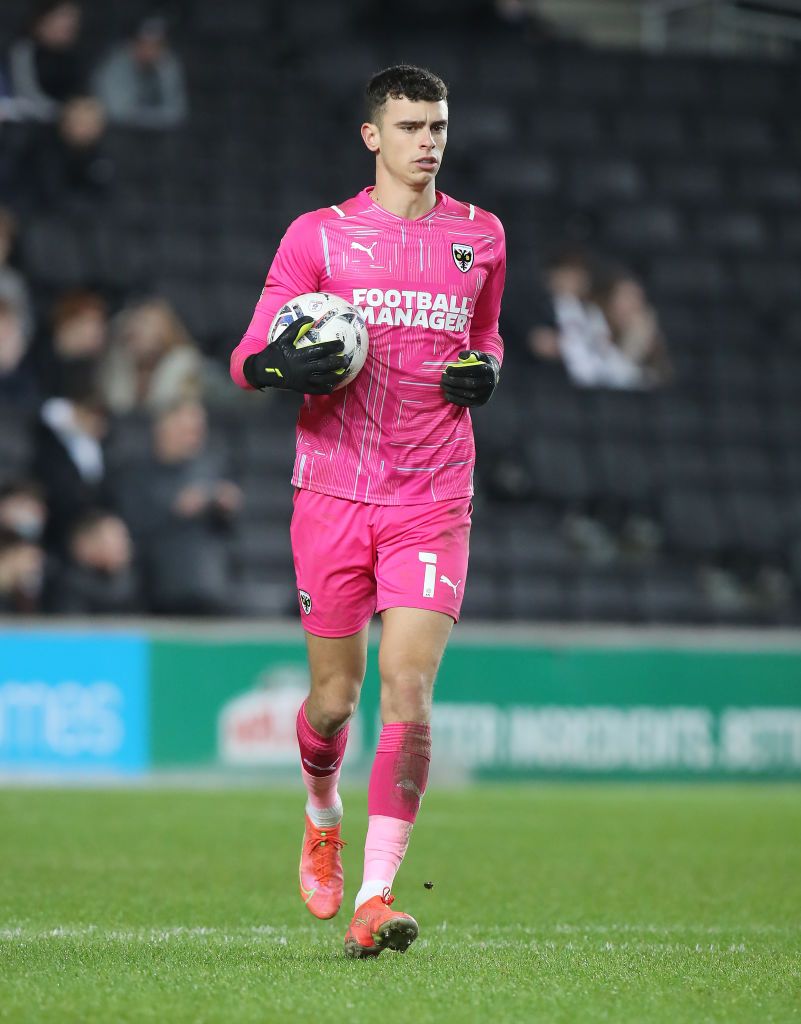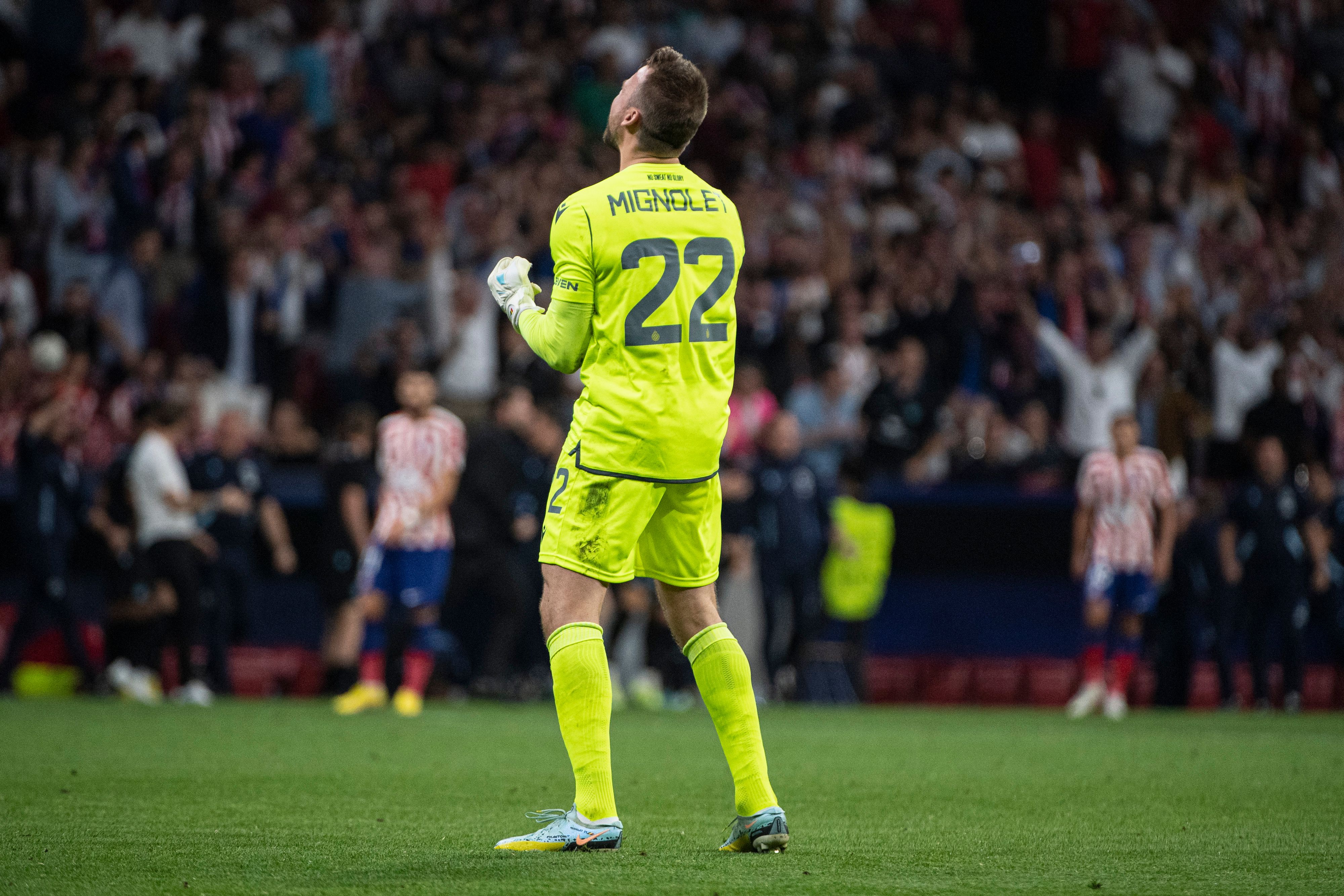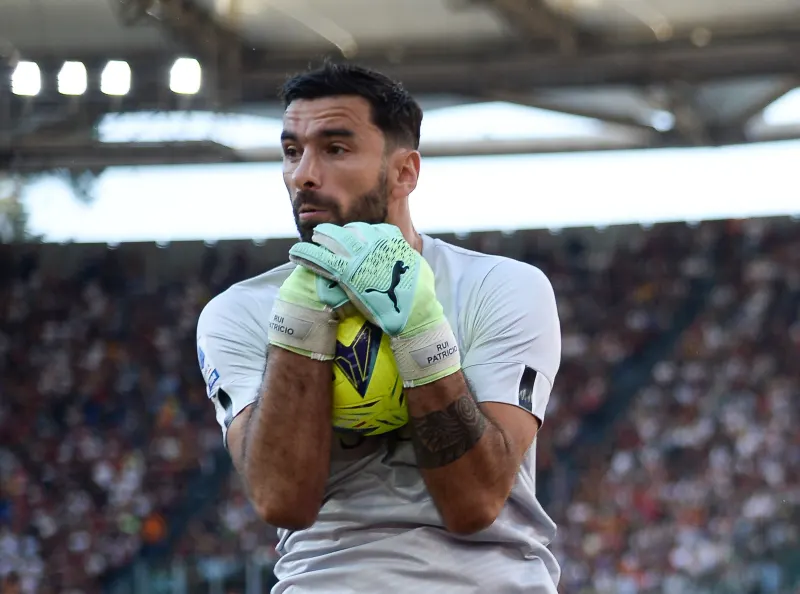One of the game's least frequently stuck-to rules has come under fire…
How often do you watch a game of football and bemoan how long the goalkeeper takes to kick the ball from inside the box? Groans from the crowd are often heard when goalkeepers take too long. There is legislation in place designed to stop this, but how effective is it?
Law 12.2 of the International Football Association Board (IFAB) Laws of the Game states: “An indirect free kick is awarded if a goalkeeper, inside their penalty area, commits any of the following offences:
“Controls the ball with the hand/arm for more than six seconds before releasing it.”
If that’s the case, then why do goalkeepers consistently get away with holding the ball in their box for longer than six seconds?
To fully understand the reasons for the introduction of the six-second rule in 1998, we must look at other goalkeeper-specific legislation.

In the early 1960s, FIFA restricted the freedom that goalkeepers had in terms of picking up the ball in the box. Before then, goalkeepers could keep the ball in their hands for as long as they wanted, but they had to bounce or throw the ball while they moved around in the penalty box.
To put an end to this, the four-step rule was introduced, allowing goalkeepers a maximum of four steps before kicking or throwing the ball. However, 'keepers often found a way around this by taking four steps before dropping the ball and picking it up again to restart their four-step allowance.
This was amended in 1992, with the new rules stating that the ball couldn’t be picked up again when the ball had been released, unless another member of their team had possession of the ball.
The changes made to the four-step rule in 1992 came alongside the infamous back-pass rule, which fundamentally changed the goalkeeping landscape. 'Keepers could no longer pick up back passes from their team. This was seen as a reaction to the 1990 World Cup, when teams consistently played the ball back to their goalkeeper just for it to be picked up.
Five years later, IFAB also introduced the rule that goalkeepers were not allowed to pick up throw-ins in a further clamp down on what number ones could do in the box.
In 1998, the six-second rule was officially introduced by IFAB. The new legislation was a direct attempt to try to stop time-wasting, with the rules stating that an indirect free-kick would be given if goalkeepers defied the time limit. However, in reality the application of this rule has been inconsistent and almost forgotten about by pundits and fans alike. So, why is this?

Since 1998, the rule has been applied subjectively by referees. There is a general acceptance nowadays that goalkeepers will only be penalised if they are considered to be disrupting the flow of the game by keeping the ball in their hands for too long.
An example of this was on November 26, 2015, in a UEFA Europa League match between Liverpool and Bordeaux at Anfield. Simon Mignolet was penalised by referee Alon Yefet after the Belgium goalkeeper held the ball for around 22 seconds, resulting in an indirect free-kick that was scored by Bordeaux midfielder, Henri Saivet.
Some referees have been even stricter. In the 2012 Olympic Games semi-final between Canada and the USA, Canada's goalkeeper, Erin McLeod, was penalised by referee Christiana Pedersen for holding the ball in her hands for 12 seconds.
It was revealed after the game that McLeod had been warned by the referee and assistant referee about slowing down play, so the punishment was not a sudden decision by the officials. Nevertheless, this was deemed a draconian application of the rule, even though McLeod was double over the time limit.
These are the most high-profile incidents that have seen the six-second rule enforced. However, since then, it has become universally accepted that the legislation is extremely lenient and used mainly as a deterrent, but is rarely applied in practice. In this context, IFAB has recently proposed changes to the six-second rule to make the law more enforceable and be more effective in combatting time-wasting.

Paul MacInnes of The Guardian reported on March 2 this year that from next season, trials will take place to extend the current six seconds allowed for goalkeepers to release the ball from their hands to eight. The catch, though, is that the referee will raise his or her hand with five seconds left to go to warn goalkeepers that time is running out. Under these new rules, if goalkeepers go over the permitted eight seconds, the referee can give the opposition a throw-in, in line with the penalty spot, or a corner.
Asked about the proposed changes, in particular the counting down to five seconds by the referee, the chief executive of the English FA, Mark Bullingham, said: “You’ll see the crowd respond to that and the other players will. The reality is these things are trials, if they don’t work they don’t get put through.”
He added: “Equally if you ask someone if their team has just lost 1-0 and the other team were using time-wasting tactics at the end of the game they would be frustrated at that.”
It is unclear what the results of these trials will be, but there is now a clear admission from those in charge of the laws of the game that the six-second rule is flawed. The lenience of the rule is universally accepted, as six seconds for goalkeepers to release the ball is hardly any time at all in the overall context of a 90 minute game.
There is the risk of this new rule having minimal impact but maximum disruption. Introducing an eight-second rule with five second warnings from the referee could set a dangerous precedent by encroaching further on the goalkeeper position when it is not needed. The additional two seconds seem like a needle in the haystack of significant other issues where time wasting really does impact on and hold up play.








